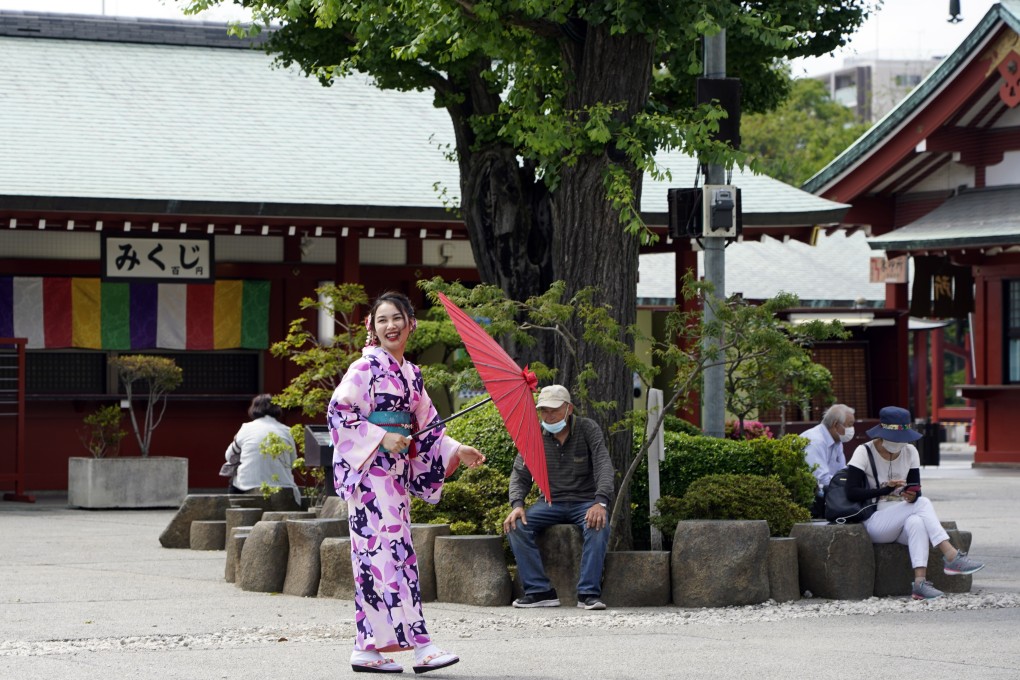Opinion | How the coronavirus may change Japan for good
- The government’s new growth strategy to promote digitisation and diversity at work aims to shift the economy onto surer footing, following Covid-19 blows to its tourism and hospitality sectors
- Plans to move the production lines of Japanese companies out of China and greater cooperation with the US will also weigh on relations with Beijing

On July 3, the Japanese government presented a new growth strategy to tackle the requirements of the post-coronavirus era. It seeks to promote “cashless payments and diverse workstyles”, among other things. One way to do so would be by slashing interbank transfer fees, seen as an impediment to cashless transactions. In addition, the Abe government is toying with a series of other measures to boost the economy in the aftermath of the coronavirus setback.
That said, Covid-19 is bound to have a long-lasting impact on the economy and society as a whole.
This marks a major policy shift for Japanese industry, as it had been taking advantage of low labour costs in China. The shifting of some production lines away from China means their production costs will increase, thereby eating into their profit margins.
